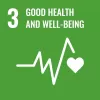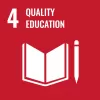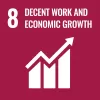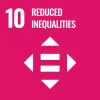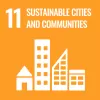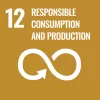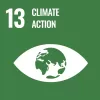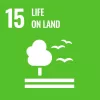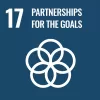We carried the project with the following objectives:
- To spend some quality time with children of employees in “Enerjisa Üretim” and help them develop their English skills;
- To assist students living in rural areas in their way of becoming global citizens;
- To acquaint children with members of the Erasmus Generation (ESN volunteers and mobility students in different countries)
- To introduce different cultures to the students and present them the opportunities abroad, especially the international mobility programmes.
- To give international guests, especially those aspiring to build a career in language education, the opportunity to teach practical English at first hand by assisting the moderators.
- To provide financial support to the moderators, coordinators, and international guests.
- To help Turkey recover from the severe Mediterranean wildfires in the summer by donating 20 saplings (10 on behalf of the moderator, 10 on behalf of the international guest) per session.
- To promote all ESN values
- “students helping students”
- “unity in diversity, diversity in the unity”
- “openness with tolerance”
- “cooperation in the integration”
- “love for Europe as an area of peace and cultural exchange”
- “international dimension of life”
- “fun in friendship and respect”
ESN Turkey's first project for the new period - Speaking Club "Boost your ENergy" - was open to the participation of the whole network. Together with our partner “Enerjisa Üretim”, the leading company in the Turkish energy industry, we organised an eight-week speaking club (starting from 2nd of October until the 23rd of November) for the employees' children (aged 10-18) to boost their English and energy levels and support them on the way of becoming global citizens. As ESNers and mobility students, we all have good levels of English and excellent communication skills, therefore we decided to use that asset of ours in the project!
We had 12 groups, each of them consisting of maximum 6 children, 1 moderator and 1 international guest. The manager and two coordinators were present to guide the project in general. The 12 moderators (the coordinators were also moderators) coordinated each session accompanied by an international guest. International guests were urged to choose a different group each week according to their availability in order to provide a diversity of cultures. Classes for each group took place once per week at the weekend and lasted for an hour or a bit more. Thus the duration of the initiative on the field was approximately 100 hours, excluding the preparation before and the team meetings throughout the project.
